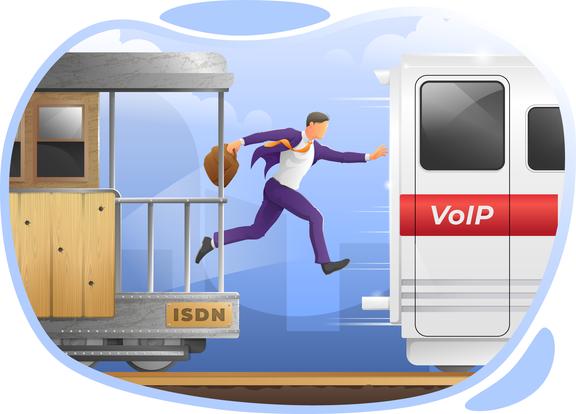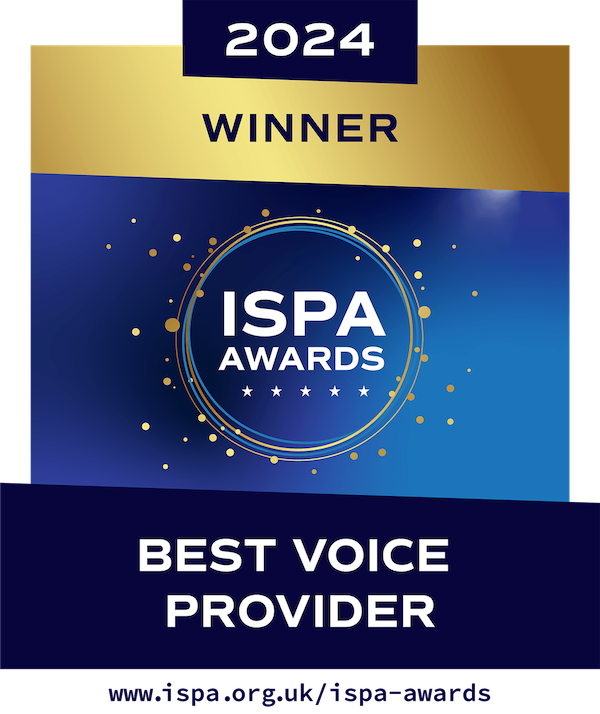Alice Would Understand
Posted by Voipfone on December 5, 2014
 Last week we had to notify our customers of a new Office of Complications (Ofcom) initiative – it has excelled itself this time. Next year it plans to completely befuddle the country’s telephone users with a new 08 number regulatory regime. (It’s already bemused the entire telephony industry).
Last week we had to notify our customers of a new Office of Complications (Ofcom) initiative – it has excelled itself this time. Next year it plans to completely befuddle the country’s telephone users with a new 08 number regulatory regime. (It’s already bemused the entire telephony industry).
From summer 2015, how telecommunication firms price, and service providers promote, non-geographic numbers – 084, 087, 09 and 118 DQ – is going to change in really messy ways.
From here on in, it gets complicated, but remember it wasn’t our idea and as far as I’ve been able to find out, no-one in the industry actually wanted this.
The existing single charge for a phone call to those numbers will be split into an Access Charge and a Service Charge. The Service Charge is set by the telephone company that owns the number range. The Access Charge is set by the telephone company that originates the call to the number.
As an example, if you call an 0844 number owned by a customer of BT from Voipfone, the call will cost you, say, 5p per minute and we’ll show this total price in our call cost calculator and on your itemised bill. Behind the scenes, this 5p will be made up of an Access Charge (say, 1p) and a Service Charge (say, 4p) component. We get to keep the 1p and have to give BT the 4p. C’est la vie.
Unfortunately, the Service Charge component will vary from telephone company to telephone company so we will no longer be able to publish a single rate for calls to an 08xx number. The cost of calling an 08xx number from any network will therefore vary depending on how much the called telephone company has set its Service Charge. Ofcom did this to simplify things; we’re baffled why they think that this is simpler.
If you are the owner of an 08xx number, callers to it will be charged the Service Charge amount above PLUS the Access Charge the telephone company that your caller is using has set. This Access Charge component will not be announced by telephone companies until summer 2015 and will also vary from telco to telco.
With me so far?
Now then, if you personally have an 08xx number, from next summer you will also automatically have some new responsibilities. Wherever you use the number in your advertising and promotional material you must prominently display the service charge next to the telephone number. Ofcom suggest the wording: “calls will cost Xp per minute, plus your company’s access charge”.
Unbelievably, Ofcom’s explanatory note on all this is headed “Telephone call charges to be made simpler”
http://media.ofcom.org.uk/news/2013/Telephone-call-charges-to-be-made-simpler/
So why has Ofcom done this?
It has to be admitted that the 08 ranges are in a hopeless mess and have been for years. 0845 numbers were introduced in the days when there was a difference in price between calling a local and a national number – hence BT’s marketing of them as “Lo-call” numbers. This is no longer the case and calling an 0845 number can cost anything at all. 0870 was deliberately misused by both the industry and the companies that used them and are consequently universally hated by the public – even though Ofcom changed the rules for them a while ago. The introduction of mobile services made a lie of the free 0800 calling promise and nowadays consumers have no clue what it costs to call any of these 08xx numbers. They are deeply, and rightly, suspicious of the lot.
So something must be done, and this is something. Is it something that will improve matters? Begrudgingly I have to admit that eventually it might.
For a start 0800 will be made free from mobiles, which is fantastic – but what has taken so long? Also, a while back, Ofcom did a very sensible thing and introduced the 03 range so that for those companies that felt that they really needed a non-geographic number could get one that cost the same to call as ordinary 01 or 02 numbers.
Which leaves us with 084, 087 and 09 numbers (forgetting 118). These numbers should have a legitimate purpose and it would be nice if they could find one. They were originally designed as a way of paying for a useful service – like a technical help line or porn without needing a credit card but they swiftly became a cash machine for the unscrupulous.
Whether splitting these charges up in this complex way is going to help do this, or was even necessary at all, is debateable. I think Ofcom is hoping that by making the ultimate owner of the number – the company renting it – responsible for prominently publishing at least some of the unnecessarily high cost to call it will shame them into not using them at all. Let’s hope so.
“Why, sometimes I’ve believed as many as six impossible things before breakfast” said the Queen, and Alice laughed.



